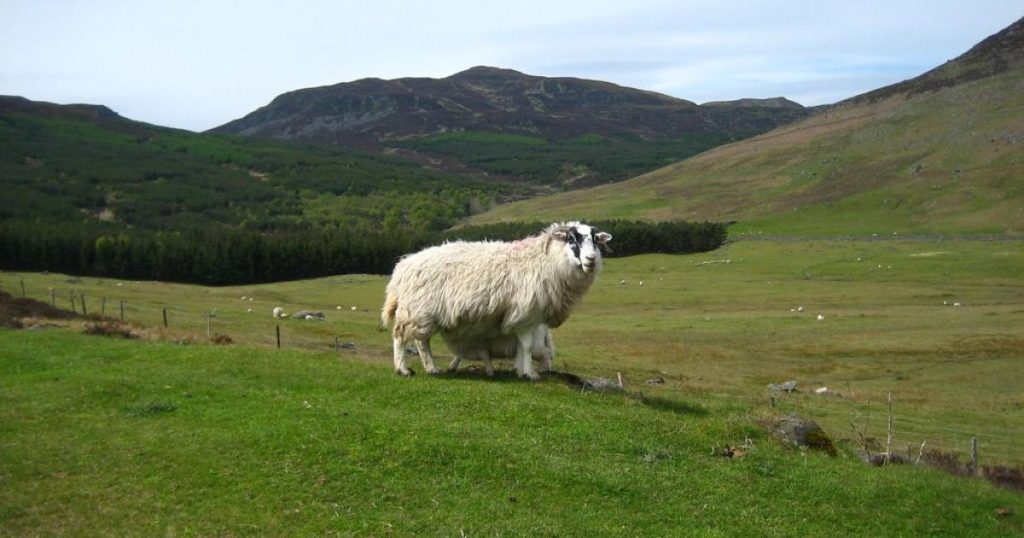Wildlife in UK ‘in a dire state’
3 min read
The UK is at risk of missing its legally binding target to protect biodiversity and nature, a new Institute for Public Policy Research (IPPR) report has warned.
Britain pledged to protect and conserve at least 30 per cent of the country’s land and sea by 2030 – an international target known as 30×30 that was agreed at the United Nations Biodiversity Conference (COP15) in Montreal in December 2022.
However, the government risks missing the target unless it acts urgently to halt and reverse the unprecedented environmental crisis in the UK, according to the report released today (Tuesday, 27 August 2024).
Farming
The UK ranks among the bottom 10 per cent of countries globally for biodiversity, with only 53 per cent of its biodiversity remaining and 41 per cent of UK species seeing significant population declines since 1970, it said.
Meanwhile, there is fewer than six years left to meet the UN target but less than three per cent of England’s land and eight per cent of its seas are effectively protected, the paper adds.
The think tank said the new Labour Government has the opportunity to embed nature recovery into a bold agenda for national renewal as it outlined a blueprint for ministers to tackle the issue.
This plan involves measures like tackling sewage polluters by developing legally binding targets and strengthening powers for the Environment Agency to enforce sanctions.
Other recommendations include delivering a fair transition for farmers, through additional funding for environmentally friendly farming in England and legislating for a right to roam, expanding rights of responsible access to the English countryside.
Walks
Joseph Evans, a researcher at IPPR, said: “Britain’s natural landscapes are a source of pride for many of us, but the UK’s nature is in a dire state: biodiversity is failing, species are declining and many people simply don’t have reasonable access to green spaces.
“The new government has an opportunity to reverse nature’s decline and drive progressive change around the country. Restoring nature must be a cornerstone of the government’s national renewal strategy.”
Dr Sam Sinclair, Co-founder of Biodiversify said: “The cost of taking nature-positive action now is relatively low compared to the much higher costs – and consequences – of stalling for another decade.
“But this report exposes the harsh reality that government is falling behind the business world in taking action. Companies are increasingly alive to the commercial and environmental necessity of restoring landscapes that produce everything from cotton to cocoa.
“We need to see government now doing its part with careful planning to increase access to green space and to create and improve natural habitats. Without that the UK cannot meet its climate or biodiversity targets.”
Access
A Defra spokesperson said: “Britain’s nature is in crisis, which is why we have wasted no time in announcing a rapid review of the Environmental Improvement Plan to make sure it is fit for purpose to deliver legally binding targets and halt the decline in species by 2030.
“This government will also improve access to nature for all by creating nine new National River Walks and three new National Forests.
“We have taken immediate steps to put water companies under tough special measures and turn the tide on the unacceptable pollution of our waterways, while introducing a new deal for farmers to boost food security and restore nature.”
This Author
Rebecca Speare-Cole is the PA sustainability reporter. Brendan Montague is editor of The Ecologist.





